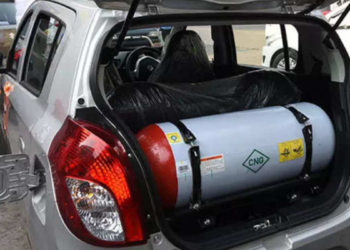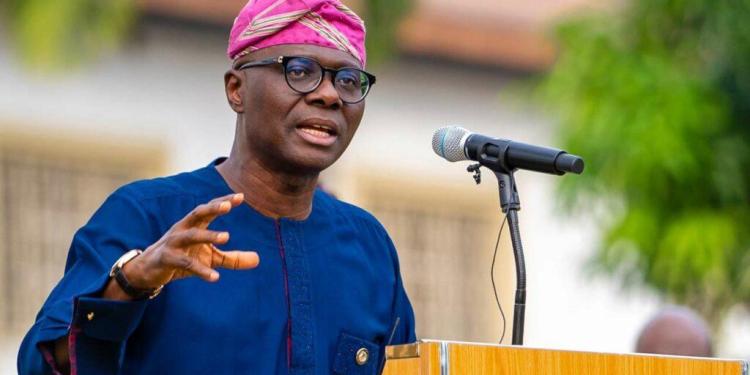Nigeria’s National Gas Expansion Programme (NGEP) would require heavy petrol taxation.
This is according to the World Bank in its Nigeria Public Finance Review report released recently. The report states that substituting compressed natural gas (CNG) for petrol in Nigeria, would take a long time and would also require heavy taxation of petrol for financial sustainability.
In 2020, the Nigerian government introduced the NGEP, which had three goals: to convert up to 1 million vehicles in the country from petrol to compressed natural gas, to use natural gas for industries, and to use liquefied petroleum gas for clean cooking.
Inadequate infrastructure: According to the World Bank report, the available distribution infrastructure for CNG in the near term is such that the conversion would substitute less than 10% of the petrol currently being consumed in Nigeria. The report states:
- “The international experience points to several potential problems with this proposal. First, the process of converting one million vehicles will likely take years.
- “Second, the location of gas pipelines in the south raises regional challenges, as the northern states would have to rely on liquified natural gas transported by truck, which adds substantially to the cost of supply.
- “Third, in all successful CNG conversion programs elsewhere in the world, CNG has displaced fuels that are heavily taxed, and yet in Nigeria, there is no immediate plan to start taxing petrol heavily.”
The report maintains that the high taxes earlier referenced are needed because CNG vehicles are more expensive than petrol or diesel vehicles, and vehicle owners must be able to recover the cost of the vehicle conversion or the higher purchase price of an equivalent CNG vehicle through lower fuel prices.
However, Nigeria’s tax regime is still problematic and when it comes to citizen participation, there is low tax morale among firms and households. The report provides three reasons why this is the norm:
- There is limited knowledge of and little readily available information about the tax system. There is a low understanding and weak implementation of the Nigerian tax policy and inadequate clarity about the prevailing tax laws, resulting in widespread ignorance, confusion, and frustration about different taxes.
- Nigeria’s tax collection system is often inefficient, opaque, and corrupt. The negative experience reported by both individuals and firms when dealing with the tax system and with tax officials creates apathy even among those willing to pay taxes. Even where technology has been adopted, there is dissatisfaction with the e-filing platform and the processes for filing returns. Where tax is finally collected, there is a tedious dispute resolution and appeal process, cases of double/multiple taxation,s and irregular tax administration practices.
- Most households and small firms point to a broken social contract, and to low trust in a government that shows little transparency or accountability in its use of taxes. The level of satisfaction with local services among Nigerians is very low.
For the record: The NGEP proposal is to subsidize the entire costs of the first one million conversions, thereby replacing one subsidy with another. Conversions may not be entirely free for the first million vehicle owners because vehicles will have to be inspected and possibly repaired before conversion to protect the technical integrity of vehicle conversion.





















